Although she got her start in music DJing at "girl bars," openly identifying as queer was not always easy for DJ Sasha Marie.
Now, as a member of the music collective Soulection, she's playing big music festivals -- like this weekend's Lightning in the Bottle held near Bakersfield -- with more confidence about her identity. The 28-year-old DJ opened up to The Advocate about her experiences as a queer woman of color in electronic music.
In her current role, Marie has the opportunity to play sets at large festivals like Afropunk, Coachella, and Lightning in a Bottle, but she started out in much smaller venues.

"I started getting into DJing I believe, like right after high school. I used to always just play on my laptop and try to make songs and mix music and whatnot, but I didn't get my first gig until a couple of years later at this girl bar in San Diego," Marie says. "My first gig ever was at my best friend's friend's bar. It's called Gossip Grill. So that was my first day and I played there for like a year or two."
After a couple of years, Marie left Gossip Grill and in 2012 she became affiliated with Soulection, which enabled her to grow as a DJ with access to larger opportunities. However, she has not forgotten her roots -- Marie recently returned to San Diego to throw her own event at the bar that gave her a start.
"It's really cool to be back there and be able to do my own thing with my friends. Play the music that I want to play, create the atmosphere and the safe space that I want to create," Marie says.
The DJ credits Mykki Blanco, Big Freedia, and Venus X as queer musicians who served as role models and influenced her own career. While she has not personally felt any discriminatory treatment from the music industry since identifying as a queer woman of color, coming out was not an easy decision.
"I know I'm 28, but I feel like I'm still kind of coming into myself and my identities. Because of growing up in such a strict Catholic Mexican household, I really learned to just suppress who I was and who I liked," Marie says. "It kind of carried over into my path and success with music because there was a moment at the beginning where I didn't really let anyone know, like in interviews, that I was queer.
"I was always afraid to be judged or pigeon-holed into a role. But I think that's also why I feel so proud to say that I'm queer is because it is like an umbrella term and it's very fluid and I feel like a very fluid person. I don't talk about this often, but I'm still finding myself. I'm still finding my words and kind of where I stand. I'm still finding my voice."
Marie has begun to incorporate more elements of queer culture, like club music, into her sets.
"I've always been a big lover of club music and the underground ballroom and the vogue scene. I feel like that's where I feel most like me," Marie says. "I'm very versatile with my music. I pretty much love everything. I don't get to play a lot of club music out except for at my events. But it's something that I love dearly. I feel like now I'm playing it and sprinkling it into my sets a little bit more and feeling more confident about that."

Ahead of her set at Lightning in a Bottle this weekend, Marie reflected on the inclusivity of music festivals. She praised Afropunk's inclusion of signs decrying racism, sexism, ageism, transphobia, homophobia, and other forms of discrimination as a good step at fighting the "bro culture" music festivals can breed. And while she's grateful for opportunities to play for large audiences, she also thinks festival lineups could be more inclusive.
"I don't see a lot of queer people on these lineups that I'm personally familiar with. Do you know what I'm saying?" Marie observes. "Of course, there should be more queer people and there should be more people of color. There's definitely not enough women on these lineups either."


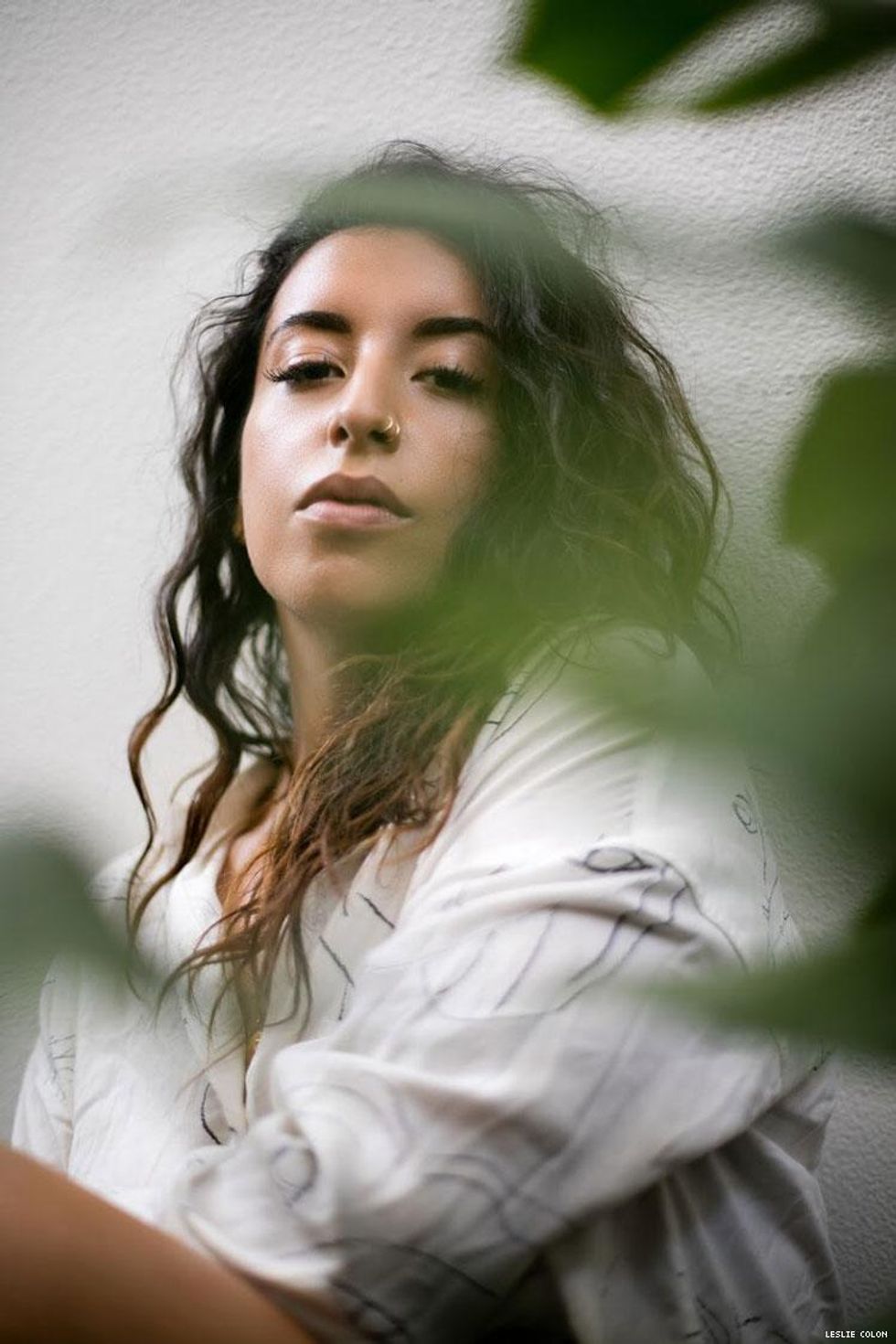
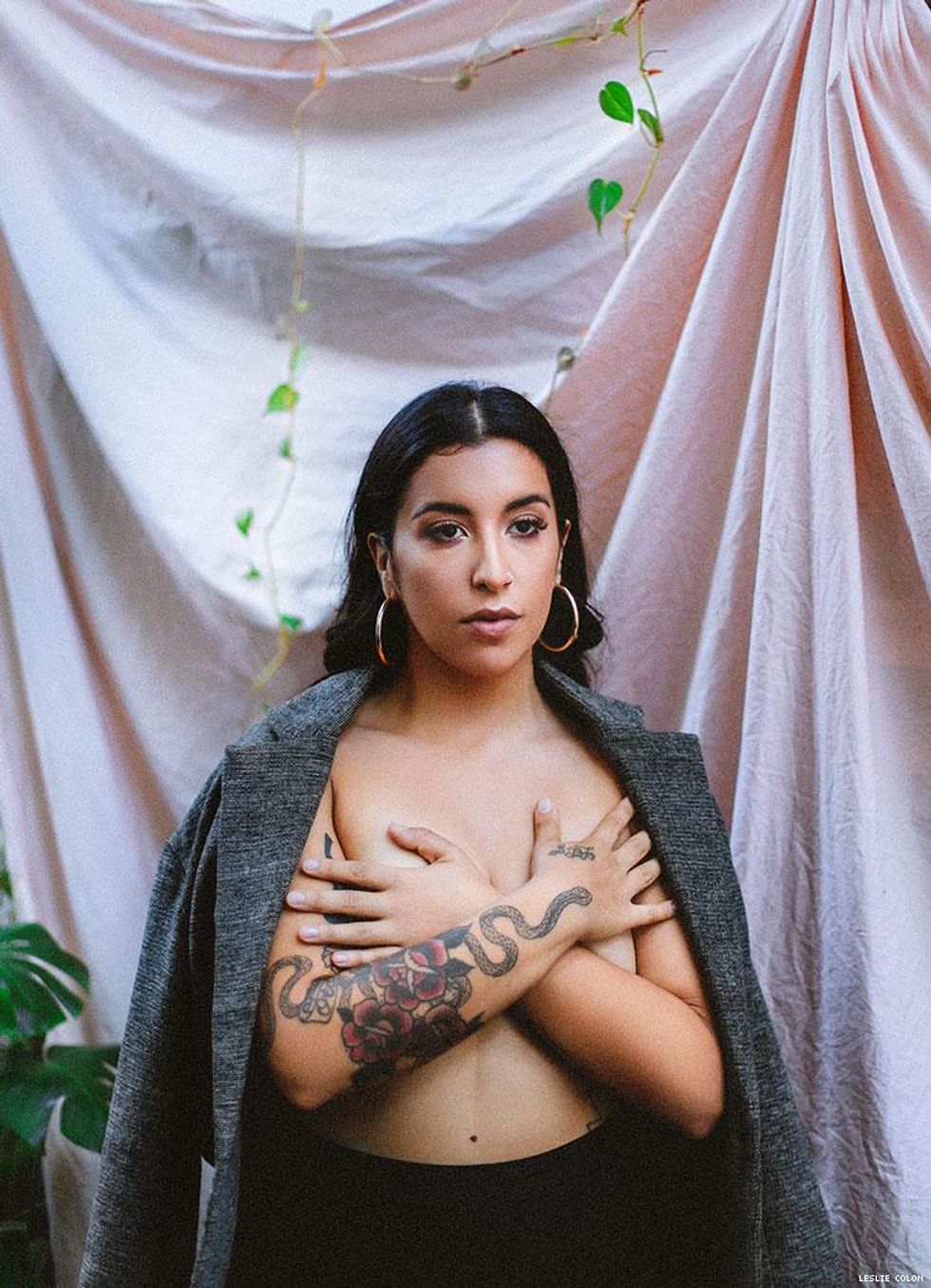






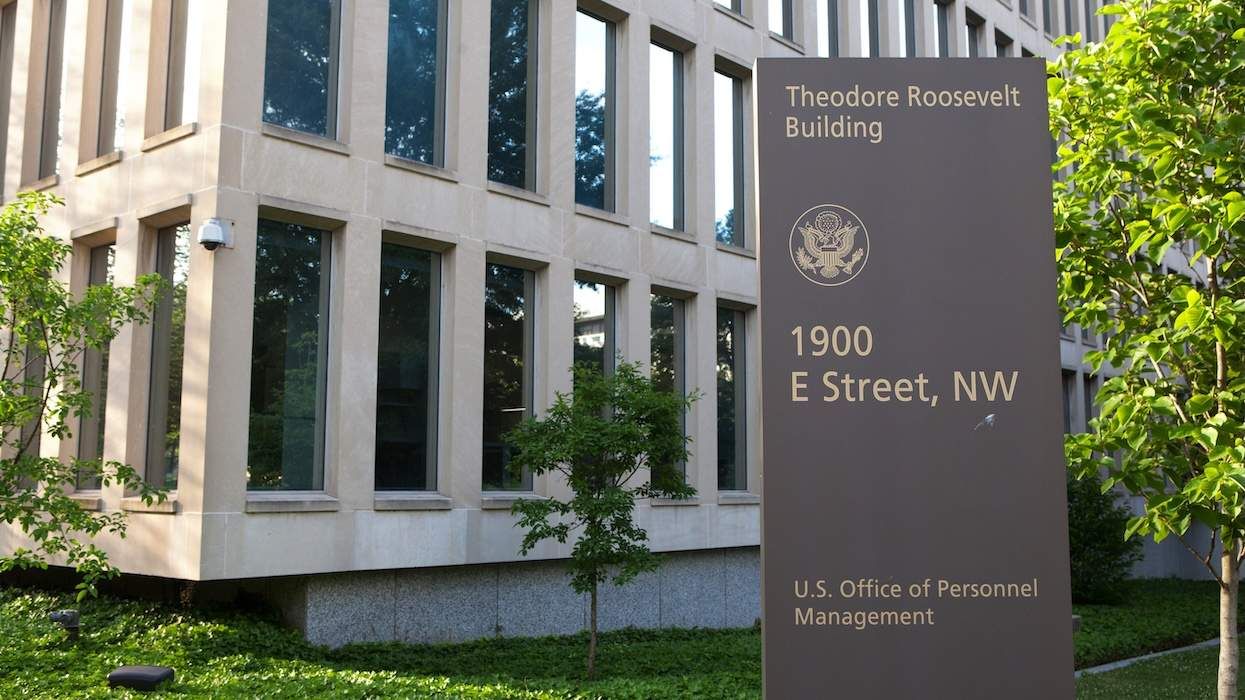

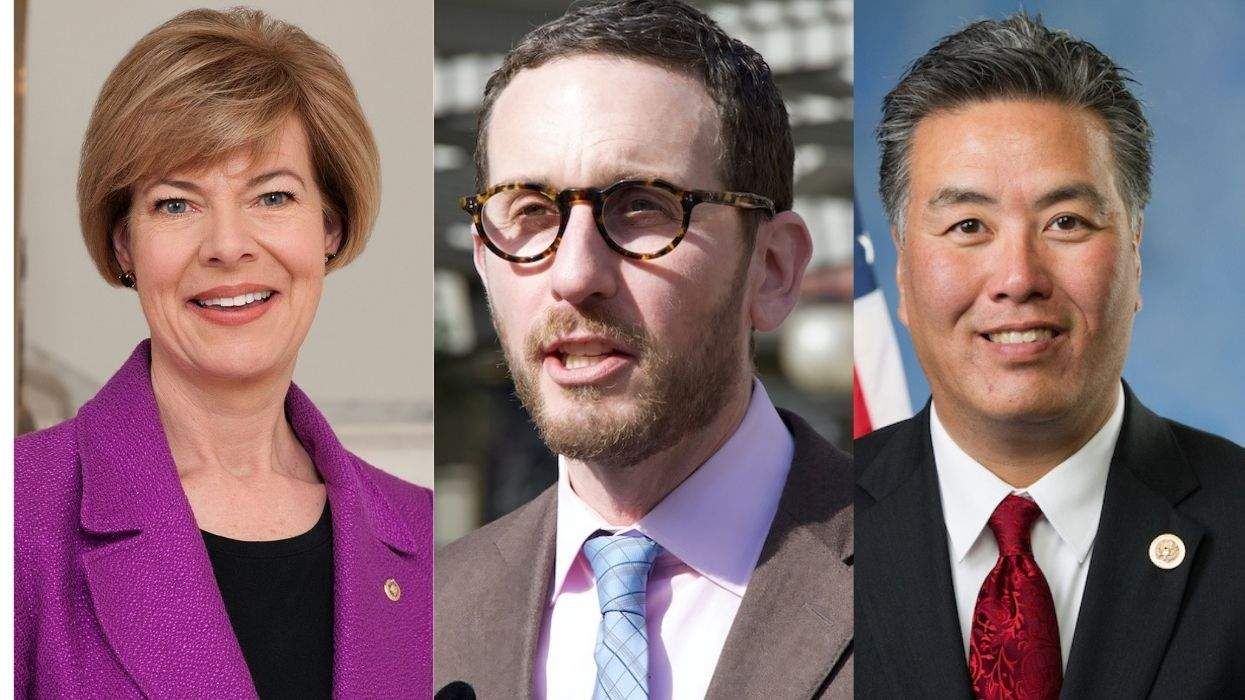


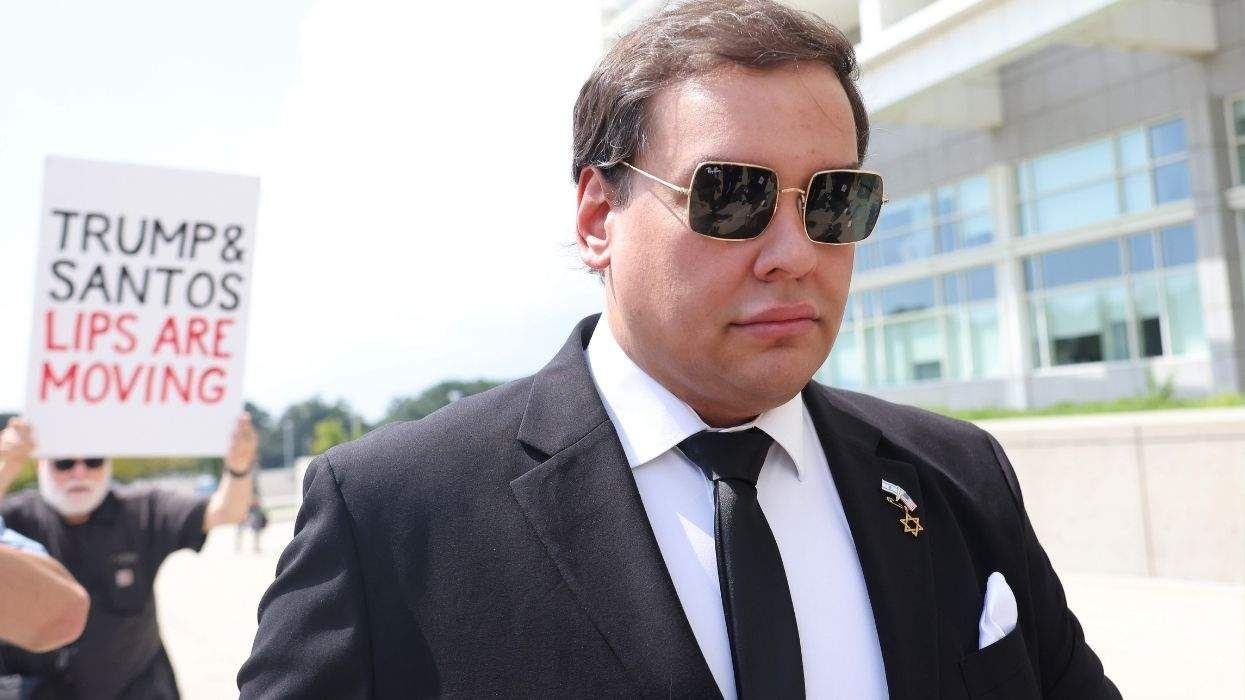
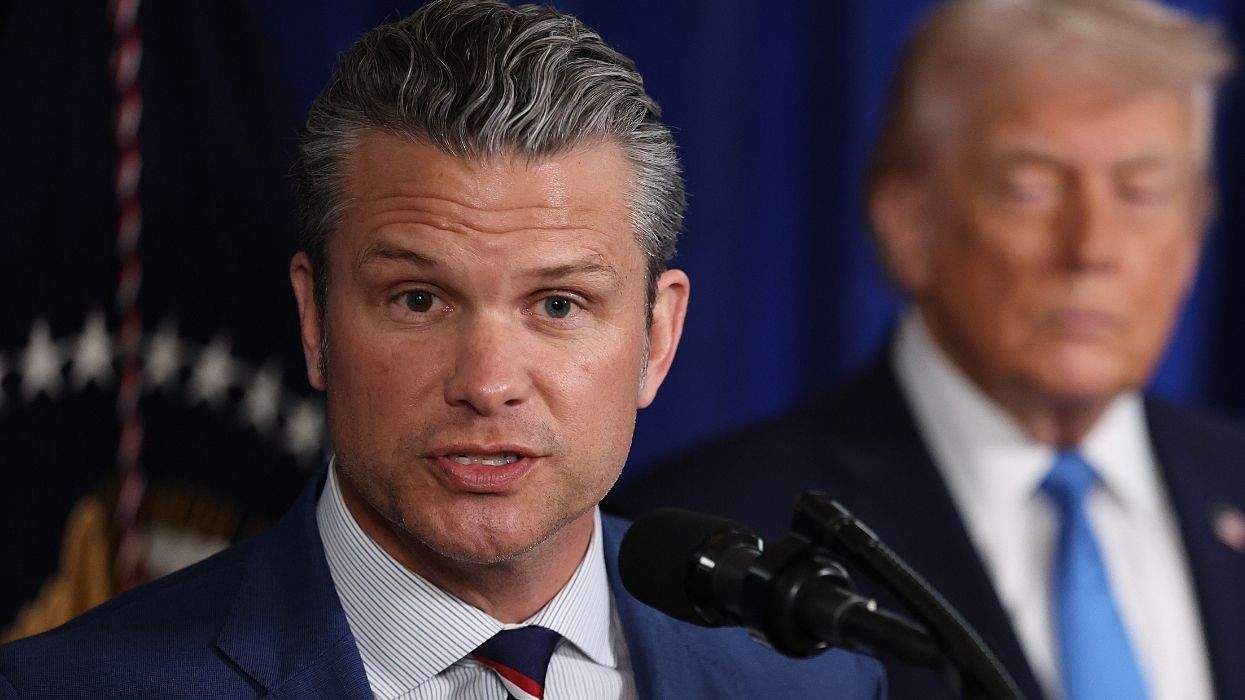


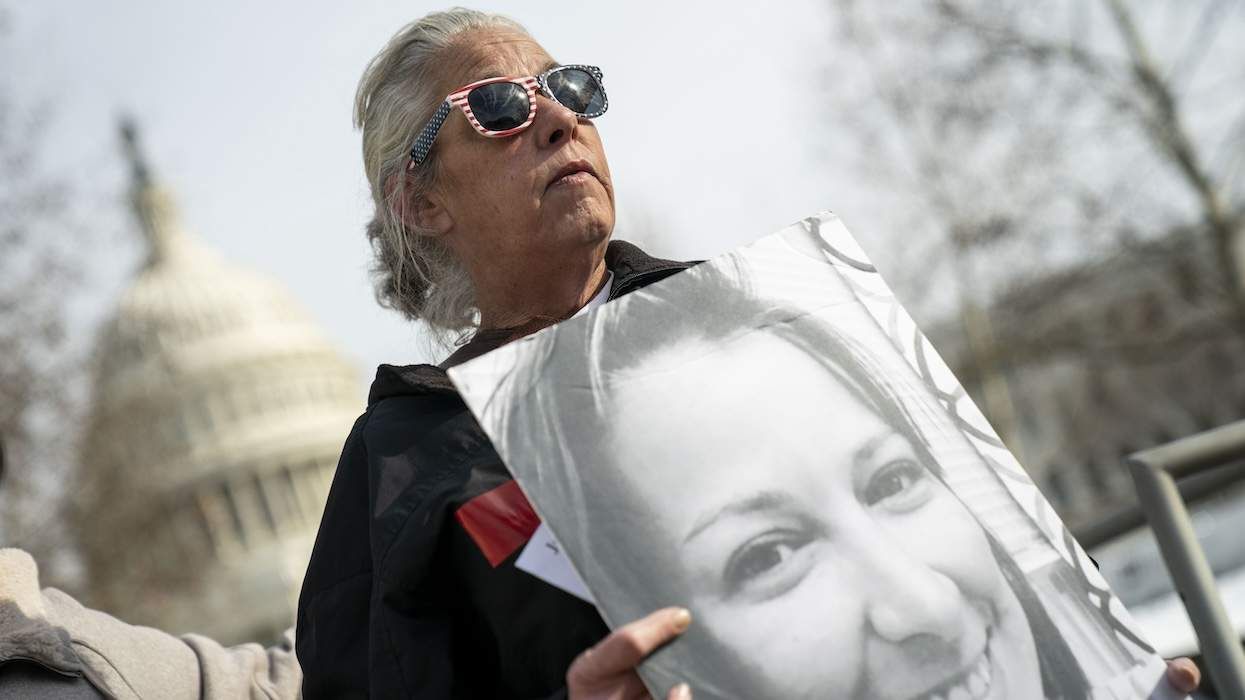
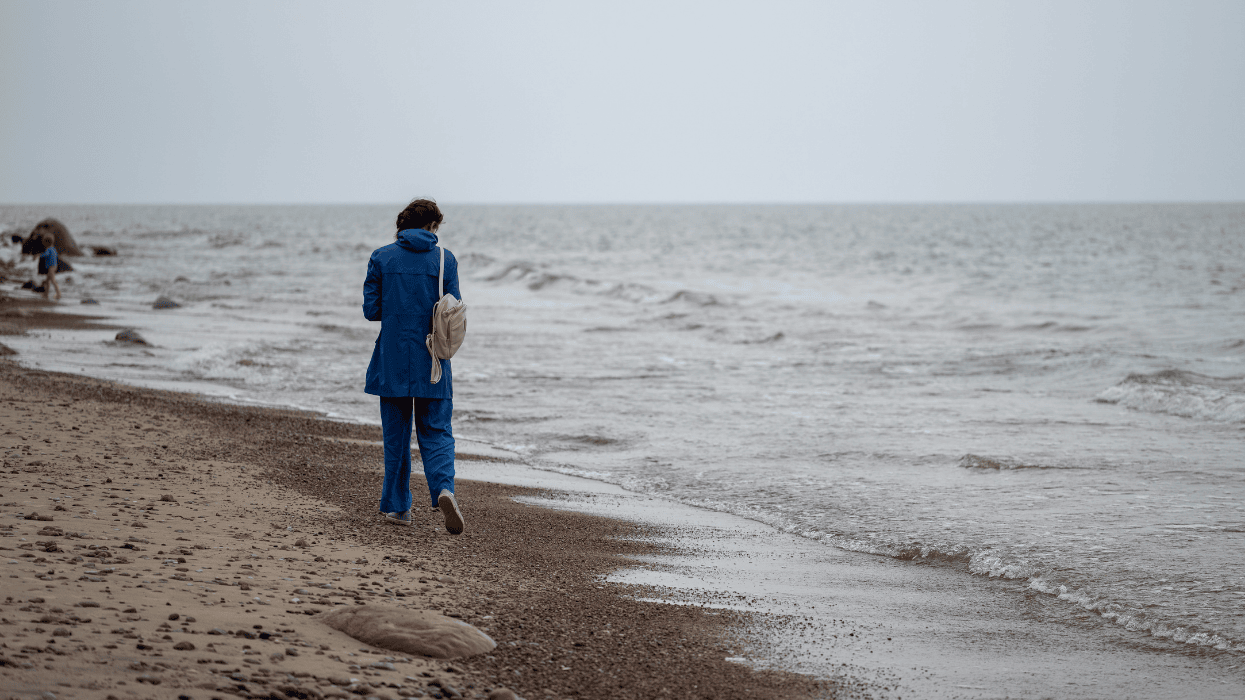










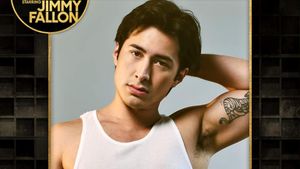



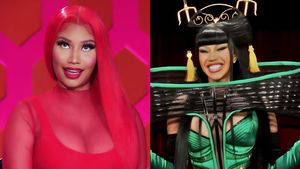















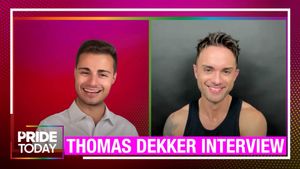








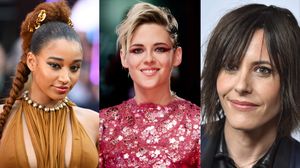

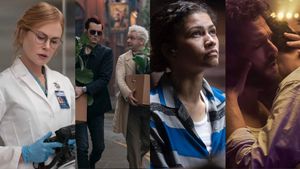







Charlie Kirk DID say stoning gay people was the 'perfect law' — and these other heinous quotes